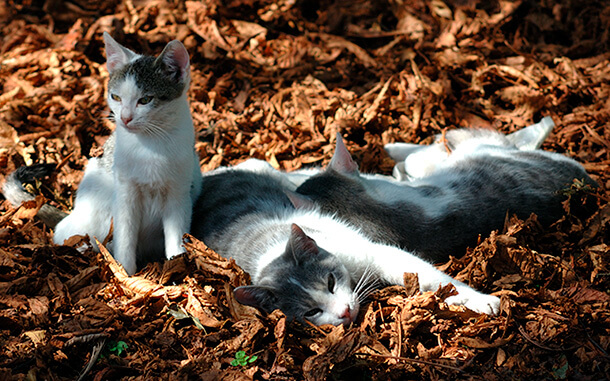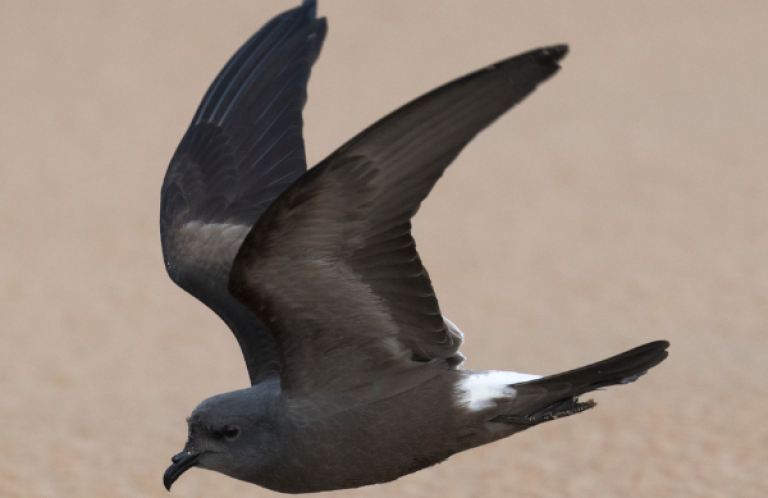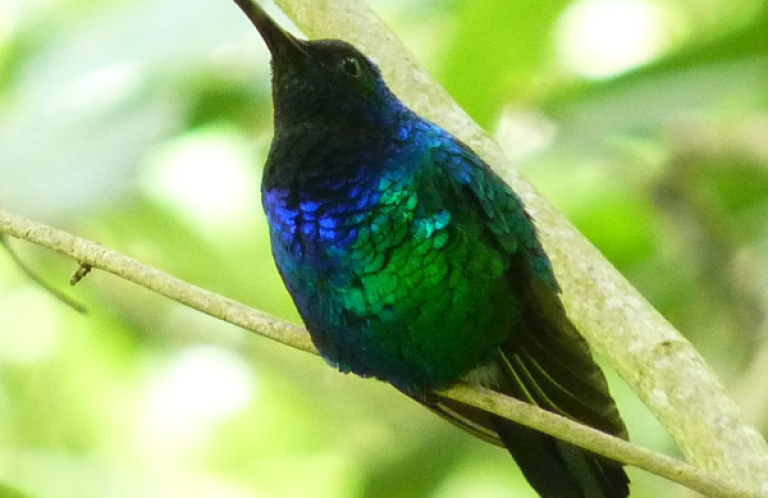Free-roaming Cats Spread Toxoplasmosis, Risking Human Health and Wildlife Too

Outdoor cats suffer a much higher incidence of injury, parasites, and disease than cats kept indoors. They also take a heavy toll on birds and spread diseases like toxoplasmosis to humans and wildlife. Photo by stock.xchng
(Washington, D.C., July 26, 2018) A new study linking cats, toxoplasmosis, and human brain function has become a widely covered news story. It provides a new perspective on the impact of tens of millions of free-roaming cats in the United States.
“We hope this interest in toxoplasmosis will encourage decision-makers to take another look at pet ordinances — and compel more cat owners to keep their pets safely contained,” said ABC's Steve Holmer, Vice President of Policy.
The parasite that causes toxoplasmosis, Toxoplasma gondii, depends on cats to complete its life-cycle and is spread through cat feces.
“While cats make beloved pets, cats left outdoors are decimating wildlife, with more than 2 billion birds killed by cats each year in the United States alone,” said Holmer. “As recent news shows, there is substantial scientific documentation on the impacts free-roaming cats can have on humans, too.”
Other recent news reports focus on the threat posed by toxoplasmosis to Endangered monk seals.
American Bird Conservancy experts are available to discuss this issue on camera or over the phone. Please contact: Steve Holmer, Vice President of Policy, 202-888-7490.
For more information on toxoplasmosis and its impact on birds, visit ABC's website.
###
American Bird Conservancy is dedicated to conserving birds and their habitats throughout the Americas. With an emphasis on achieving results and working in partnership, we take on the greatest problems facing birds today, innovating and building on rapid advancements in science to halt extinctions, protect habitats, eliminate threats and build capacity for bird conservation. Find us on Facebook, Instagram, and Twitter (@abcbirds1).


















































